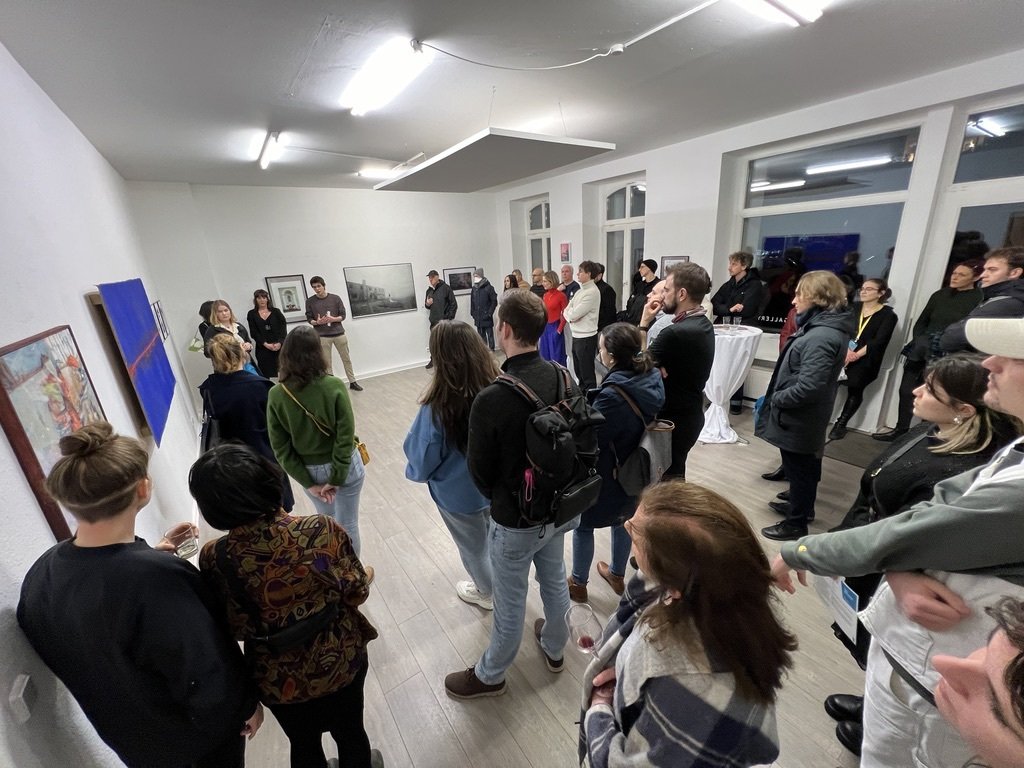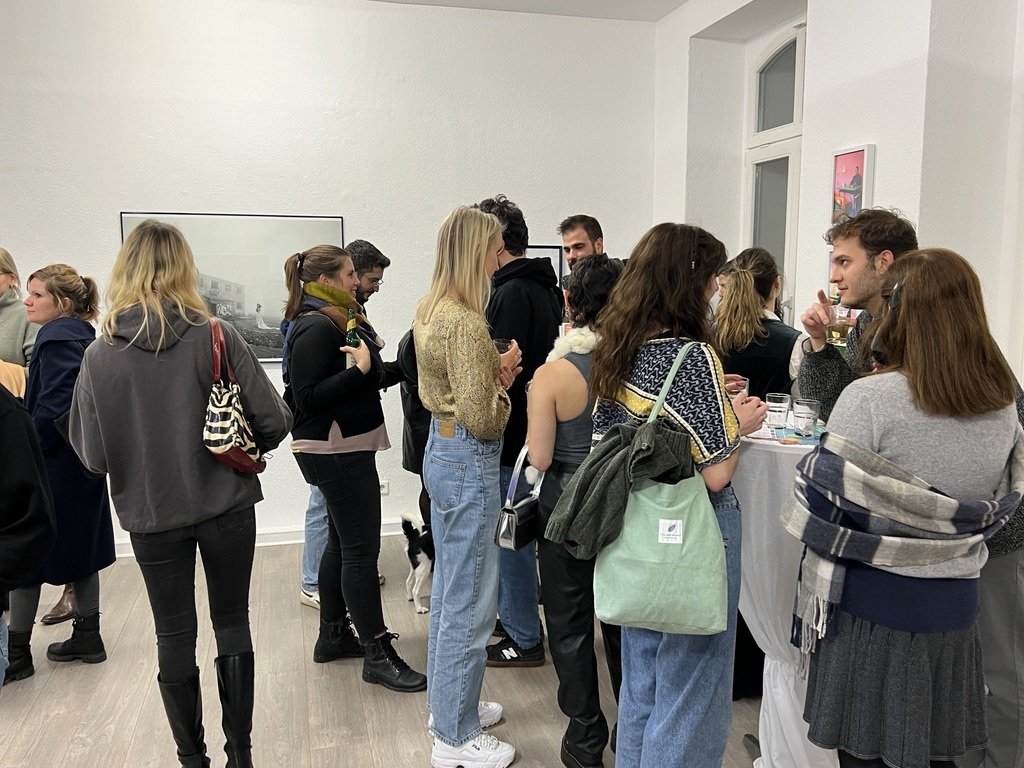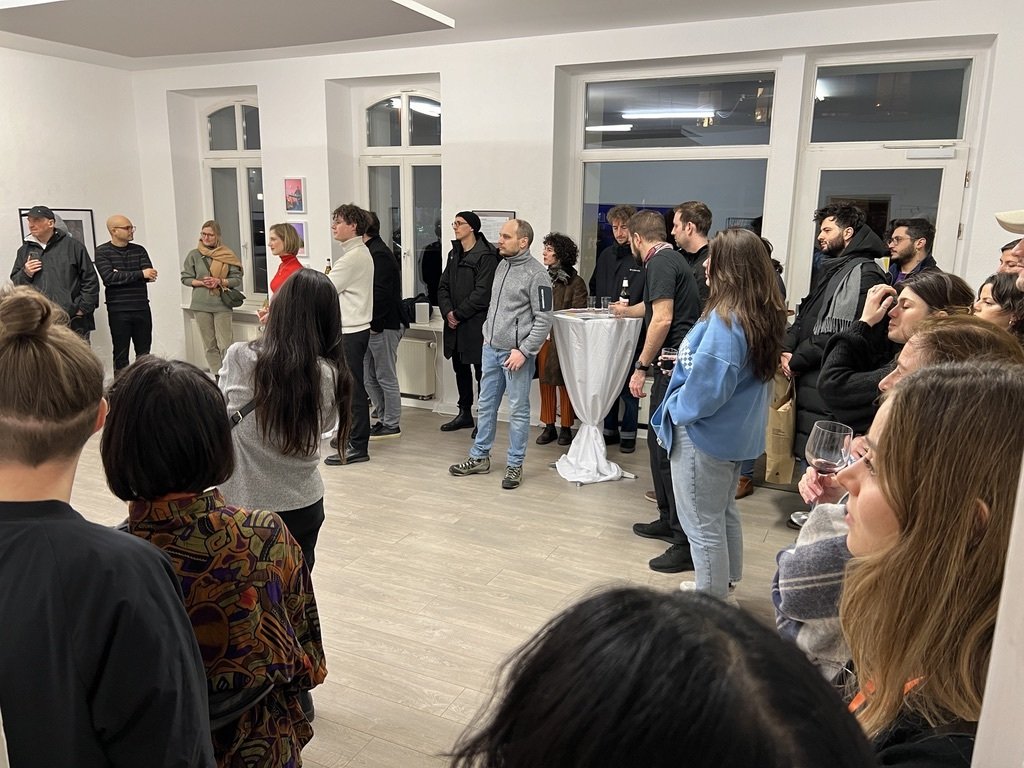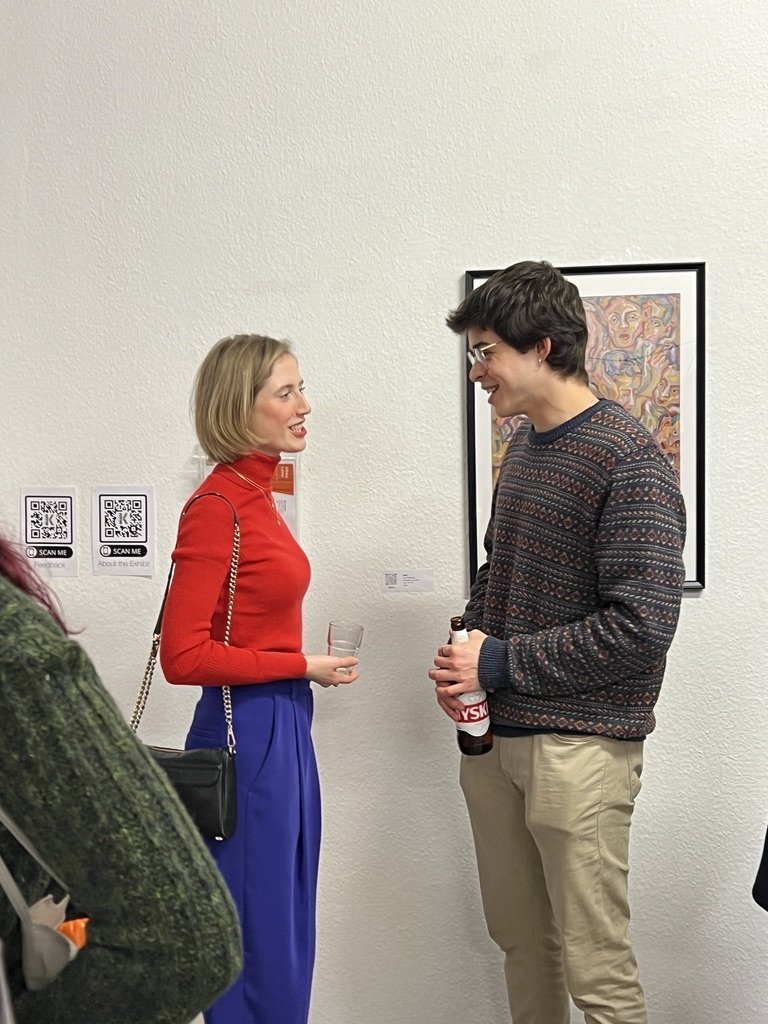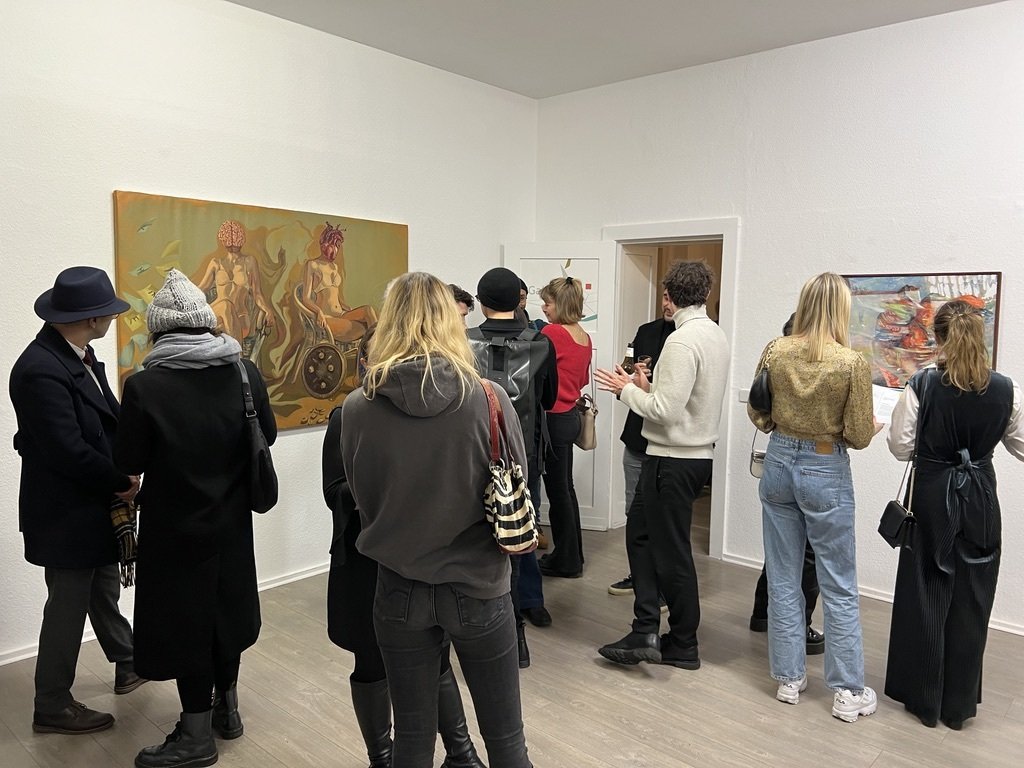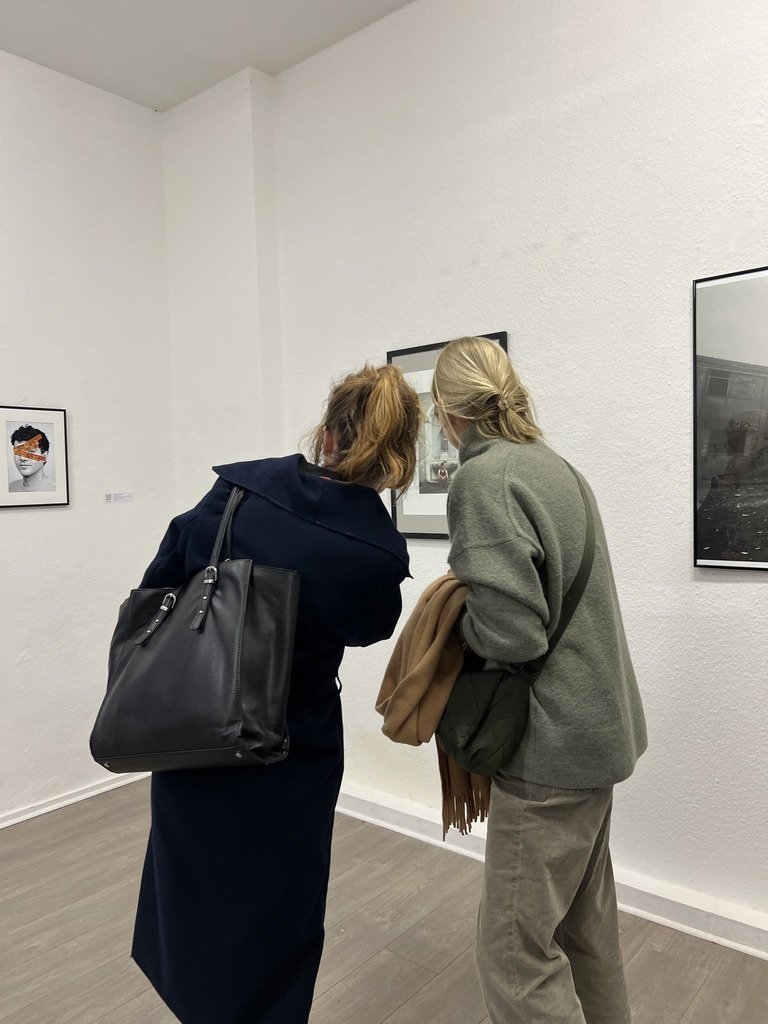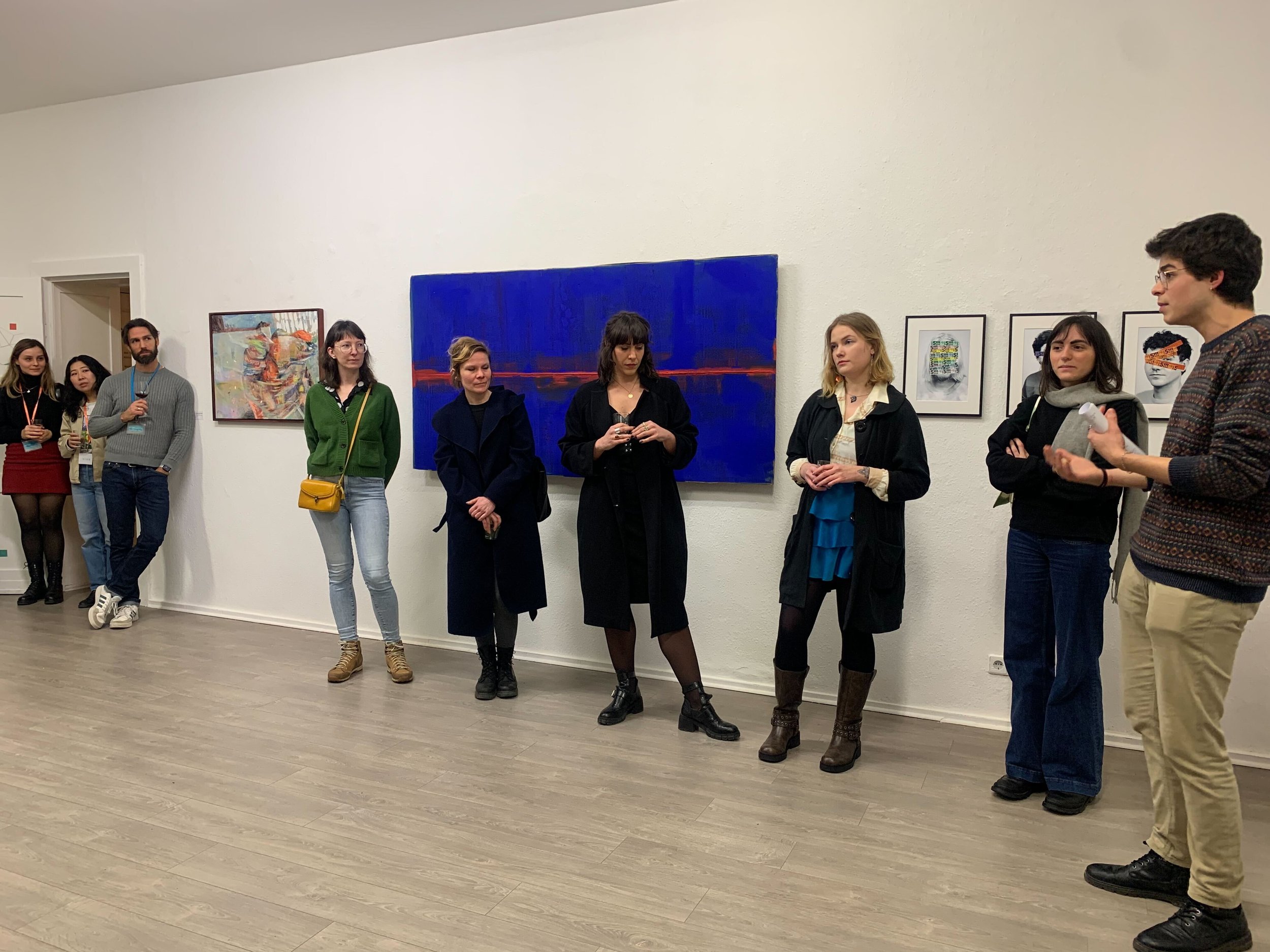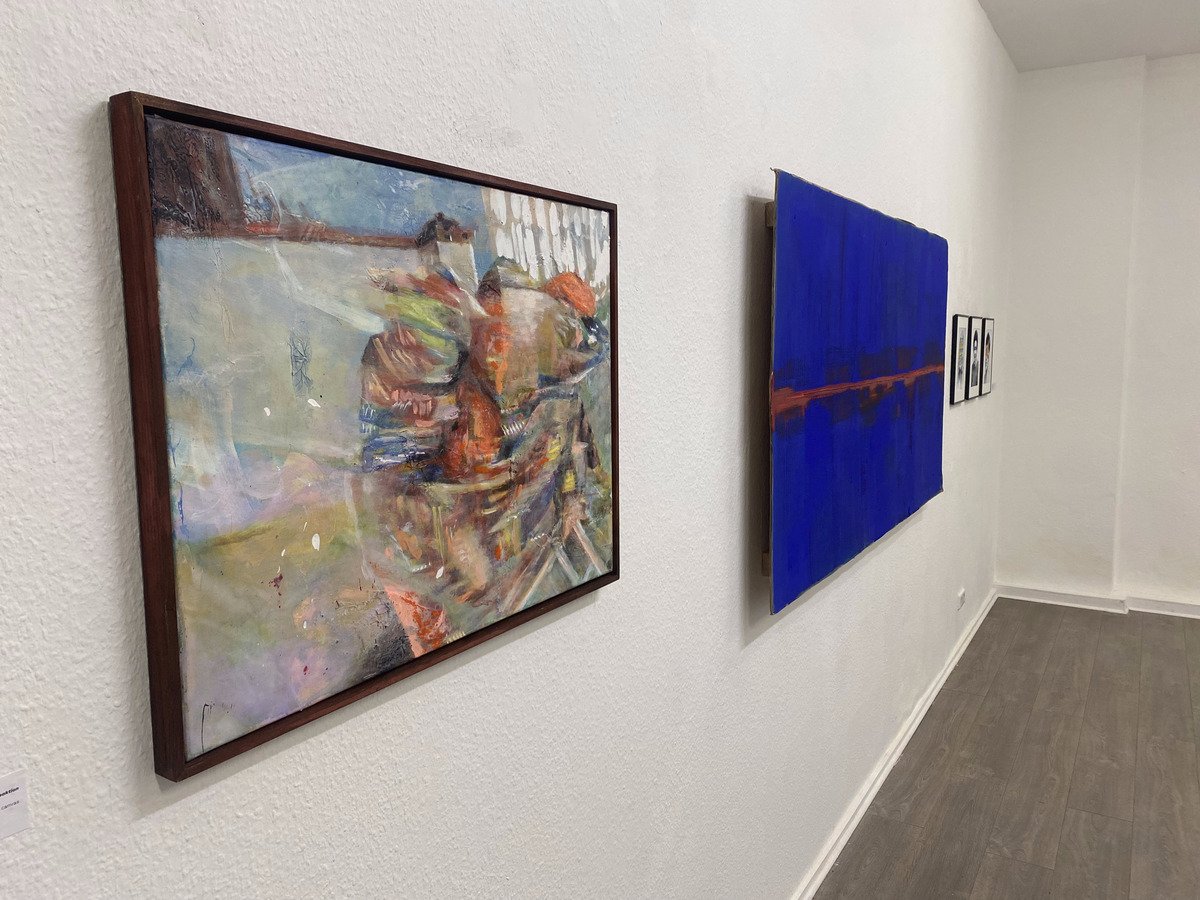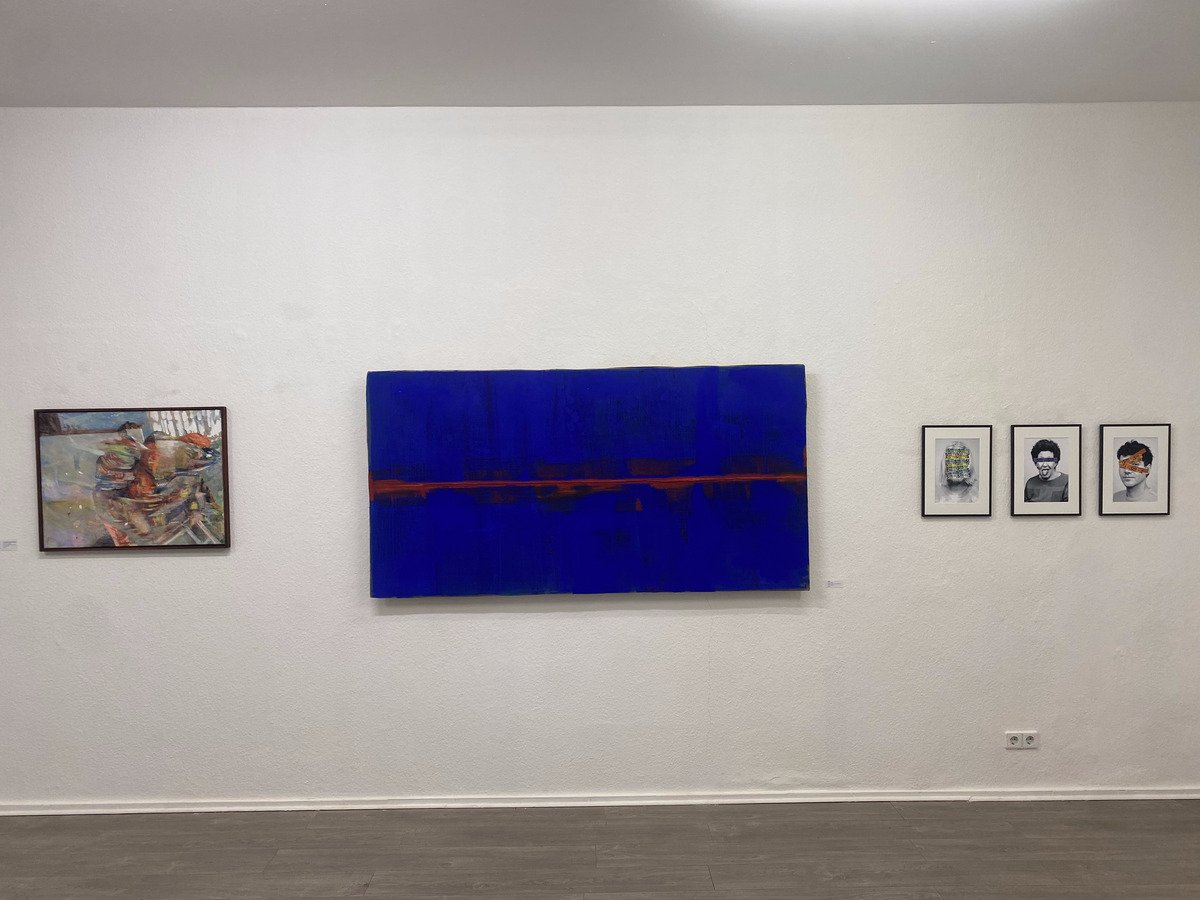January 26th - April 5th 2024
About this exhibition
Artist Yayoi Kusama put into words what many of us might feel: ‘My life is a dot lost among thousands of other dots.’ Exploring this shared experience and the journey with mental health among many other human beings.
What is mental health? As defined by the World Health Organization (WHO), it refers to a condition of psychological well-being that empowers individuals to effectively manage life’s challenges, recognize their capabilities, engage in learning and work productively, and actively participate in their community, playing a pivotal role in personal, community, and socio-economic advancement. In a nutshell, mental health constitutes an essential element of overall health and wellness and is therefore regarded as a basic human right.
Why do we need to speak about mental health? Simply put, it is a matter of human dignity. Mental health affects countless individuals from all walks of life. In 2019, one in every eight people, or 970 million people around the world, were living with a mental condition and the current tendency reveals how mental health conditions are increasing worldwide, especially among adolescents.
Historically, mental health has been treated with skepticism and little support, leading to its neglect and misunderstanding. At times, we view mental health issues as flaws or shortcomings that make us feel inadequate, weak, or shameful.
Thankfully, recent developments show how the discourse around this topic is shifting and addressing mental health in public is becoming more and more accepted. Artists and activists such as Naomi Osaka, Billie Eilish, Kendrick Lamar, and many others are significantly contributing to this phenomenon by openly speaking out about their mental health.
Despite this, figures show that the worldwide average government health spending allocated to mental health remains below 2%. The extent of effective treatment coverage for mental health conditions continues to be exceedingly limited, revealing the vast distinction that exists when dealing with physical and mental health care. So, in addition to people struggling with their mental health, they are also struggling to get the care they need.
It is high time that we break this unhelpful pattern and confront mental health head-on.
Our exhibition aims to shed light on the importance of mental health, embracing our flaws and works to encourage conversations that challenge outdated and harmful perspectives.
In reality, our flaws are an integral part of our human nature, contributing to our uniqueness. Healing is not about erasing these flaws but rather embracing them as part of our journeys. These aspects often offer the greatest potential for growth and progress.
Resilience, empathy, and unwavering hope are the key themes we aim to explore through this exhibition. Here are some questions we want to raise and explore in this project:
To what extent are we addressing the root causes responsible for mental health conditions?
How can we shift from pointing fingers at others’ failings regarding mental health to sustainable action steps we as a culture/community can take together?
Do you find the public and media discourse on mental health issues helpful or hurtful?
How can we find a balance between encountering each other with empathy and acceptance vs. downplaying the severity of mental health struggles? What would resilience and empathy as a culture towards those facing their mental health look like?
What are the challenges in our society when it comes to the care needed for those with mental health struggles? What challenges do individuals in our society have in giving and receiving care?
How can conversation and education support our health and lead to a shift of perspective?
Is our culture of self-diagnosing and overdiagnosing aiding in the healing process?
What is the relationship between mental health and physical health?
Micha Frazer-Carroll, in Mad World: The Politics of Mental Health, states: “The past and present of mental health has been dictated by capital, alienation, racism, colonialism, gendered oppression, psychiatric abuse, incarceration, gatekeeping and the enforcement of particular ways of knowing.” Does Micha Frazer-Carroll’s quote accurately portray the history of mental health?
What could we do to move our public discourse into lasting change?
Participating artists:
Zaira Biagini: IG @zairabiagini, http://www.zairabiagini.com
Vilma Leino: IG @vauhtivilma, http://www.vilmaleino.com
Julia Rückeis: IG @julia.rueckeis, http://www.juliarueckeis.de
Tanja Sieg
Gunjan Soni Singh: IG @ecstatic_gunjan, http://www.chitranganaa.com
Gustav Sonntag: IG @gustavsonntag, http://www.gustavsonntag.de
Ana Shneivas: IG @shneyka, http://www.shneivas.com
Mizaru Zen: IG @mizaru.zen, http://www.stefanoscagliarini.com
You can find the list of resources about Mental Health here!
Current opening hours of the gallery:
Mon. 12:00-16:00
Tue. 10:00-16:00
Wed. 10:00-12:00
Fri. 10:00-12:00
Visits available by appointment

